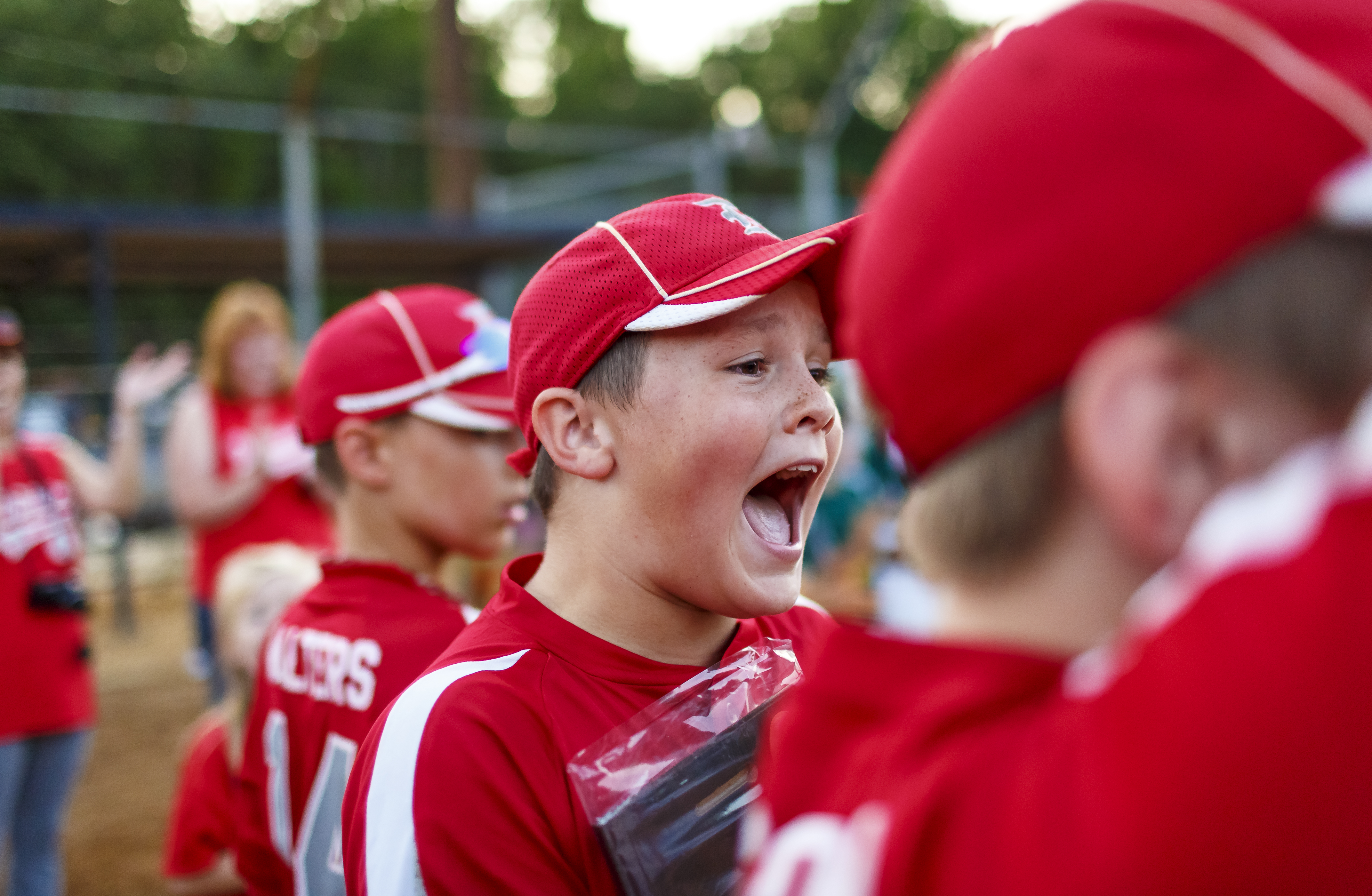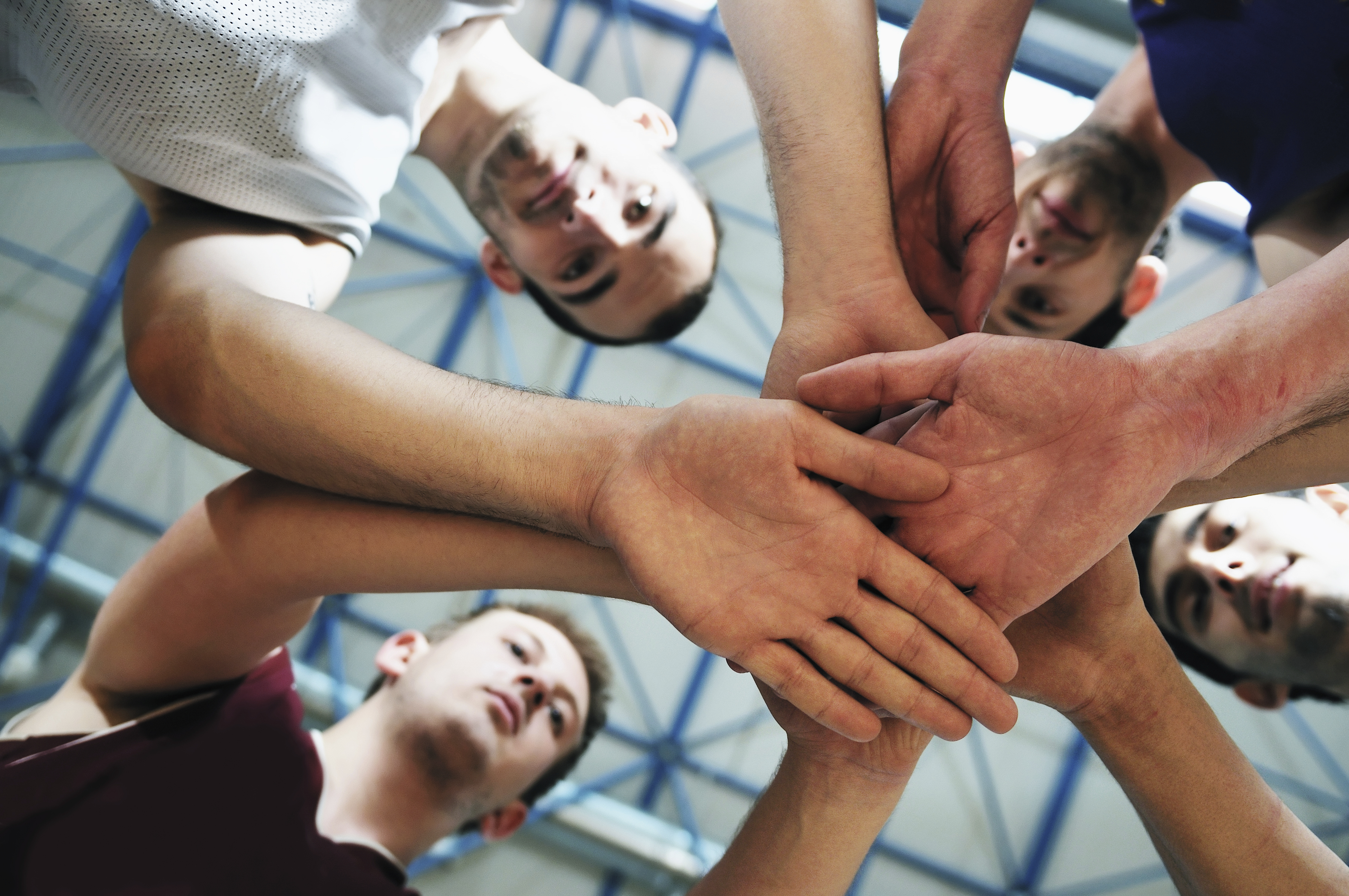Why Isn’t Enough Focus Given to Mental Toughness in Youth Sports?
Share This :
Which is more important for a young athlete: The body, or the mind?
 Whenever I ask this question to coaches and athletes, most tell me that the mental side of sports is just as important, if not more important, than the physical side. The funny thing is, when I ask those same coaches and athletes how much time they devote to mental preparation, they invariably say something to the effect of, “Not much at all.”
Whenever I ask this question to coaches and athletes, most tell me that the mental side of sports is just as important, if not more important, than the physical side. The funny thing is, when I ask those same coaches and athletes how much time they devote to mental preparation, they invariably say something to the effect of, “Not much at all.”
Why is that? Let’s start by considering what makes physical training effective, then let’s compare that to the use of mental training in sports today. Three key elements come to mind.
- Physical Training is Consistent – Exercise doesn’t work if you only do it every few weeks. Likewise, no one improves if they only practice once a month. Improvement can only be attained through consistency. Day in and day out, week in and week out, and month in and month out, athletes pour their time and effort into physical training.
- Physical Training is Structured – When young athletes participate in competitive events, they don’t just do whatever they feel like doing to improve. Rather, they follow a technical progression based on their level of development. Even the strongest five year-old probably can’t hit one over the fence. But once that same player grows older, his or her skills progress to a point where that’s at least possible.
- Physical Training is Comprehensive – Physical and technical training don’t just touch on a few areas. Rather, they are comprehensive, aimed at ensuring that every players develops to the best of their ability. For example, physical conditioning programs include strength, agility, stamina and flexibility. Technical progressions include stance, balance, upper-body position, footwork and much more.
 Using these three criteria–a comprehensive, structured and consistent program–it’s pretty obvious that the mental side of sports isn’t getting the attention it is due. Based on my experience and feedback I have gotten from athletes, coaches and parents around the country, most exposure that most U.S. athletes have to sport psychology lacks these three criteria. And therein lies the problem.
Using these three criteria–a comprehensive, structured and consistent program–it’s pretty obvious that the mental side of sports isn’t getting the attention it is due. Based on my experience and feedback I have gotten from athletes, coaches and parents around the country, most exposure that most U.S. athletes have to sport psychology lacks these three criteria. And therein lies the problem.
Therefore, we should take a page out of physical training’s book. When we talk about mental toughness training, we should make sure it is consistent, structured and comprehensive. Only then will sports psychology, at long last, stand as equal partners with physical conditioning and technical training.
Dr. Jim Taylor is an internationally recognized authority on the psychology of performance in business, sport, and parenting. Dr. Taylor has been a consultant for the United States and Japanese Ski Teams, the United States Tennis Association, and USA Triathlon, and has worked with professional and world-class athletes in tennis, skiing, cycling, triathlon, track and field, swimming, football, golf, baseball, and many other sports. See more of his blogs at www.drjimtaylor.com.
National data actively tracking the safe return of youth sports activities
See the map
